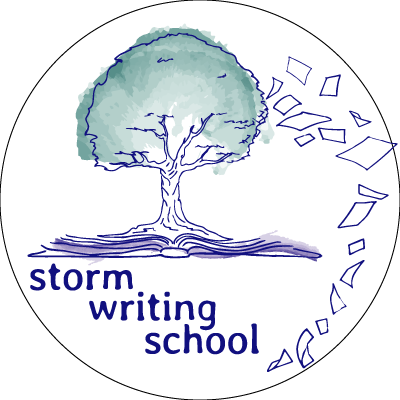Writing Craft Club
Join us on an inquiry-based, rules-averse hunt for craft understanding that digs into nuance and goes beyond the typical overly-generalized advice.
February 2026: The Mechanics of Surprise
What's Included?
Craft-focused
Each month, we select a craft topic to discuss. I regularly poll the group to see what they'd like to focus on. I choose a topic and we then find published work that speaks to that particular craft issue.
Our topics come from club members' questions:
Our topics come from club members' questions:
- You read a story and think, How did they do that?
- You discover some craft advice and you think, Really? Is that the case?
- You come to a roadblock in your own writing and you think, How do I handle this?
Is it a reading club?
Kind of. But we don't read full books. Instead, we read excerpts of exemplar texts that illustrate what works or what doesn't work with respect to the craft issue in question. Close examination of work is where meaningful craft study begins.
In the first year, the readings were about 20 pages a month. We averaged six excerpts every month. Over the course of the year, we read over 80 excerpts. We lean toward recent publications (the past five years or so), and we strive to see diverse representation among our authors/readings.
In the first year, the readings were about 20 pages a month. We averaged six excerpts every month. Over the course of the year, we read over 80 excerpts. We lean toward recent publications (the past five years or so), and we strive to see diverse representation among our authors/readings.
Discussion and instruction
For our class/conversation meeting, I prepare my own lessons around the topic of the month, but we have wonderful insights from the participants, so we mix in some discussion from club members.
Then about a week or so later, we have a follow-up Q&A meeting to address remaining questions. I thrive off of questions and active participation from writers hungry to learn as much as possible about writing craft.
Naming
Sometimes the most helpful thing you can do for your writing is to name the problems and solutions. That's a big part of what I do as a writing teacher and editor. I find use cases for challenges like omniscient POV or orienting the reader or romantic tension, and I name the nuanced techniques that make for the most effective means of addressing such challenges.
This writing craft club will provide a behind-the-scenes glimpse into how I do that and will push you to do it for yourself.
Sample Topics/Questions
Highly Emotional Scenes
How can we depict events that are highly emotional for a character? I've heard advice that "when the situation is hot, write cold." Does that advice seem to work? How are highly emotional scenes structured? How can we avoid melodrama?
Narrating Child Protagonists
What seems to be the relationship between the narrator and the character? (i.e. Do they seem melded together? Separate? A combination? When/how/why does the narrator go closer to the character?) What contributes to readers buying into the perspective being a child’s?
Compelling Narrative Summary
We’ve heard a lot of advice about the power of scenes and of “showing,” but if a writer fills pages with writing that is decidely not scene and not showing, then how does the writing achieve its power?
Omniscient Narration
Is this excerpt omniscient POV or not? What are the signifiers?
What do you notice about how an author transitions from one perspective to another?
What kind of language allows the narrator the flexibility to move into a new perspective?
Change
The prevailing wisdom is more or less in line with what George Saunders says in A Swim in a Pond in the Rain: “What makes a piece of writing a story is that something happens within it that changes the character forever. (That's a bit Draconian, but let's go with it as a starting place.)”
Let's interrogate that. Is change necessary? Is the promise of change necessary? Does there need to be a moment of change? Why accuse this advice of being Draconian?
Setting
Sometimes, I see writers (myself included) neglect setting altogether; the scene exists in a sort of empty white space, like the “construct” in The Matrix.
Other times, I see the setting as a sort of purposeless backdrop. A scene takes place within that setting, but the setting fails to interact with the characters in any way. How can we effectively incorporate setting?
Access Courses
The courses listed here will be immediately available to those in the Maximalist level, and you'll get access to any new course that is $20 or less for as long as you're enrolled in the club.
Frequently Asked Questions
Can I subscribe just for one session?
Absolutely. You can join for a single session or you can become a regular. When you sign up, you have full control of our account and you can discontinue the subscription at any time.
What do I get with my subscription?
Each month, you'll get a selection of readings and access to our two-hour Zoom discussion and the one-hour follow-up Q&A. Those Zoom sessions are recorded, so you can watch or re-watch later. With the Minimalist subscription, you'll also have access to the other monthly craft discussions from the same calendar year for as long as you remain subscribed. With the Maximalist subscription, you'll also have access to previous years' discussions and to select pre-recorded courses of mine.
What if I don't find every craft topic useful?
You likely won't. But you can drop out and in as desired. And my hope is that any month's topic that you do find useful will be worth much more than $25 to you. Plus, you'll have access to past topics and classes while you're subscribed, which may be useful. But beyond the direct application of any one craft topic, we'll be discussing how to study craft for yourself.
What if I can't make live meetings?
I want to make this friendly both for people who can show up for live interaction and for those who cannot or prefer not to. We'll have at least two live events each month, but they'll be recorded for you to look at later as long as you're subscribed. So your participation can be as visible or invisible as you'd like it to be. I try to have meeting times that will work for participants in Europe or Australian time zones.
What level of writer do I need to be?
If you've followed my articles or course, you know that I'm a pretty academic guy. So we'll definitely be digging deep on occasion, but a big part of the point here is to demystify craft and create some practical solutions to real (not theoretical) problems. So I think this should appeal to a wide variety of writers. If you're just at the beginning of your writing journey, read through some of my articles first to make sure they're not going over your head.
Does it matter what I write?
We will mostly be examining prose storytelling. That's my area of expertise. If you're writing short stories, novels, or narrative memoir, this may be a good fit for you. If you write other nonfiction or poetry, this may not be a good fit. If you write screenplays or scripts, this may not be the best fit either since we will probably examine narration pretty often.
Approximate Monthly Schedule
Decide on craft topic(s) for the month; select readings and send them out to all.
Study readings and prepare to discuss. No work is required, but it's highly encouraged.
We examine the craft topic and the readings. A healthy dose of instruction with plenty of discussion as we go.
Follow-up Q&A for remaining questions and miscellaneous craft issues.
Our Monthly Timeline
Topic Poll
Each month begins with a questionnaire about the craft topics and questions that you're most interested in digging into.
Call for Readings
Based on the topic poll, I select the topic for the month and send out a call for reading selections that exemplify successful or unsuccessful execution of the craft topic we're studying.
Reading Selections
I cull through reading suggestions and put together a group of selections (3-8 excerpts; 5000-7500 words total) that I make available to all.
Class/Conversation
Once we've had a chance to consider our topic and read the packet, we get together over Zoom for a class and discussion. These meetings usually go for two hours and are recorded.
Q&A / Office Hours
About a week after our discussion, I hold an hour-long office hours session to address lingering questions from our topic discussion and other small craft questions that may not be worthy of a full month's investigation.
Past Topics
Interiority workarounds
Highly Emotional Scenes
Child protagonists
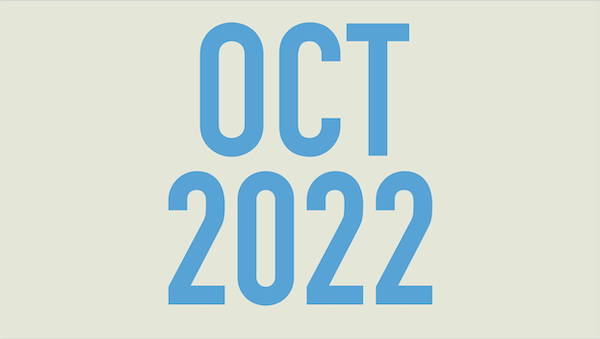
Dialogue
Interiority Taxonomy
Setting
First pages
narrative summary
omniscient POV
Voice
Dramatic irony
Reaction Beats

Change
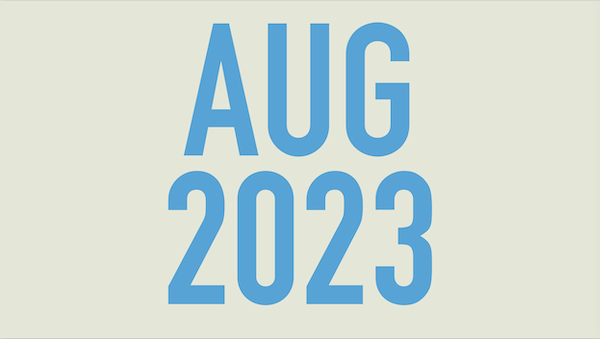
Endings
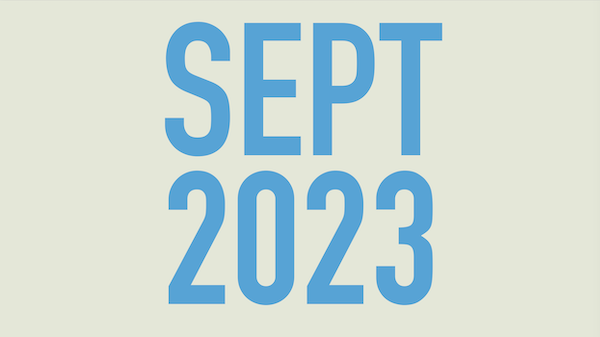
Narrative questions
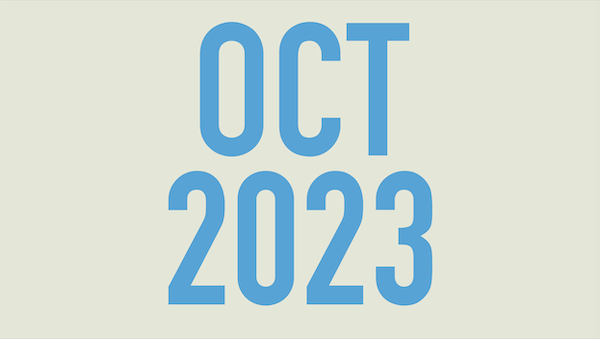
Turning points
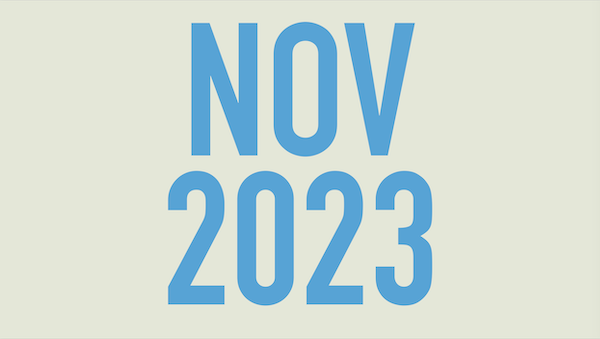
Free indirect style
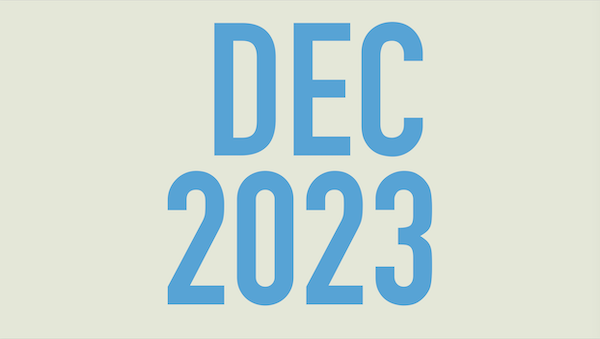
Backstory
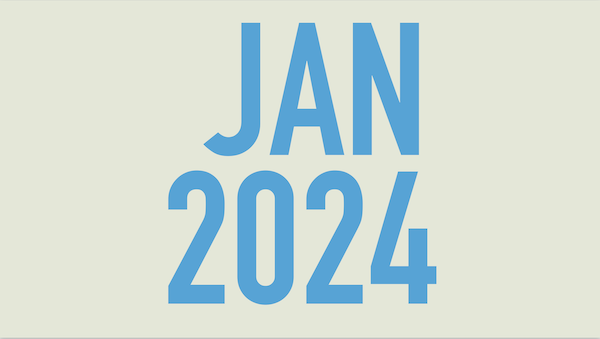
Unlikeable Protagonists
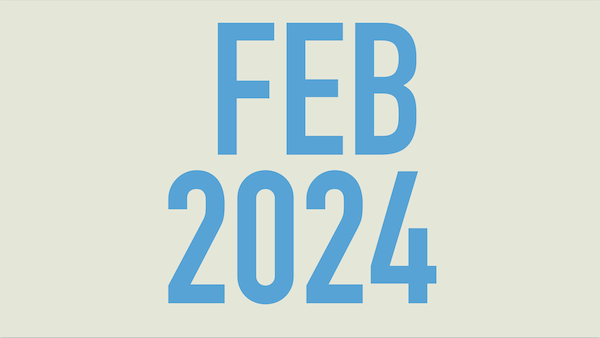
Antagonists
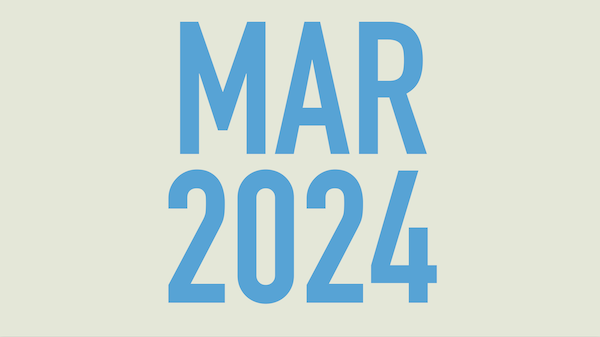
Multiple Viewpoints
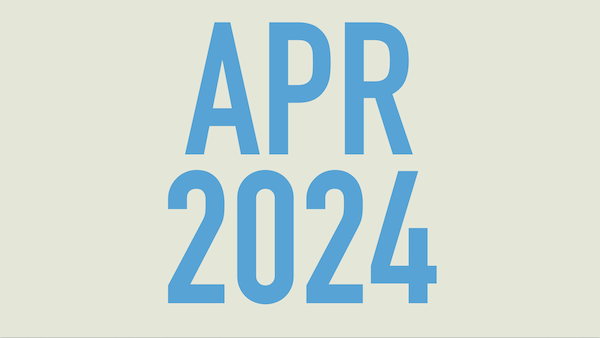
Narrating between dialogue
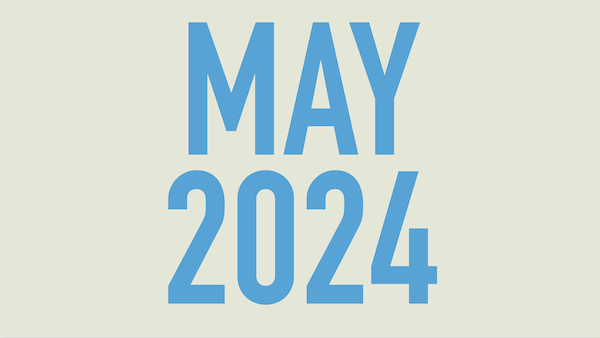
ESCALATION
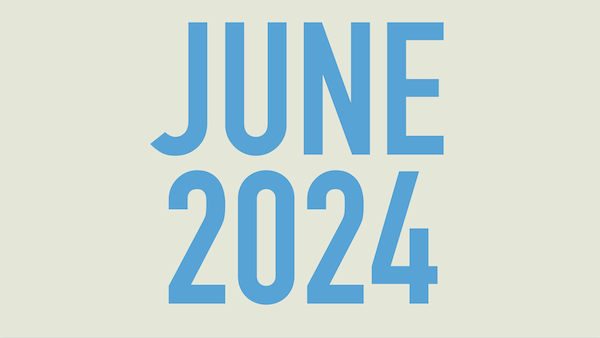
Reader-centered Writing
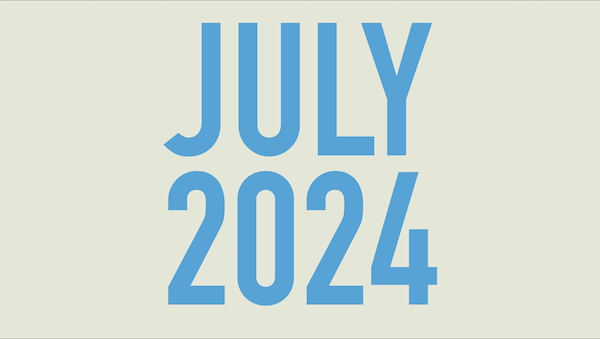
MODULATION
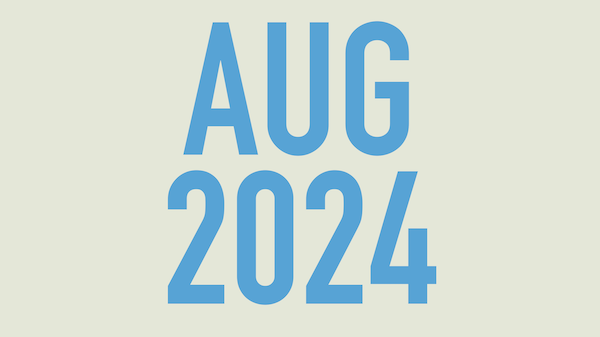
INCORPORATING INTERIORITY
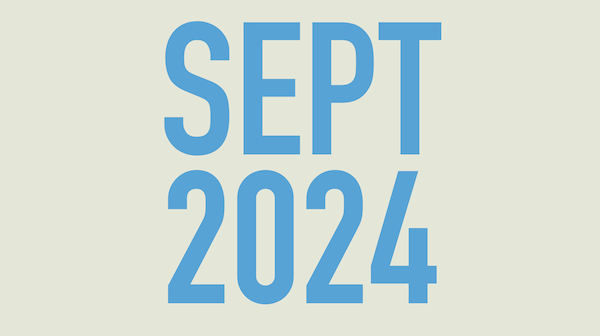
Description and orientation
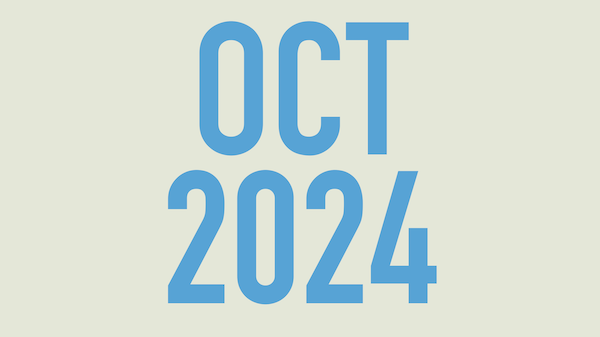
Subtext in narration
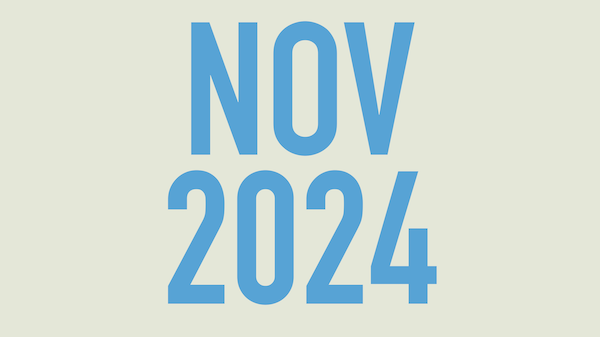
HUMOR
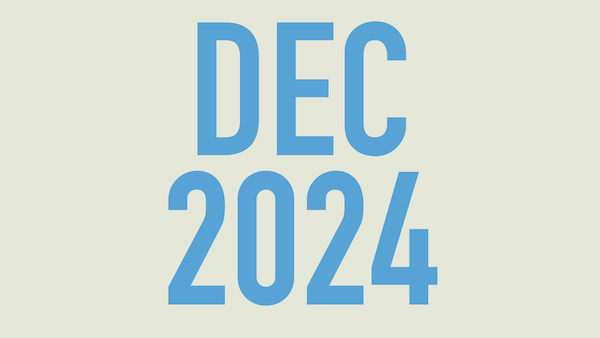
Secondary Characters
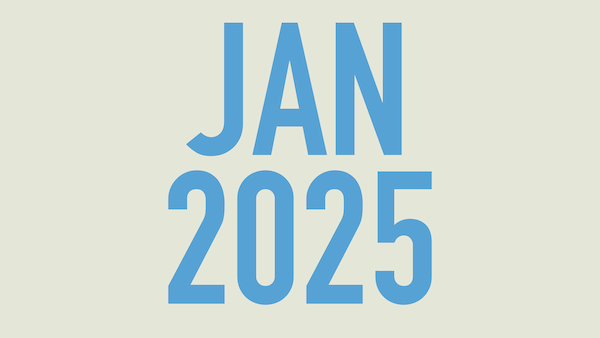
Theme & meaning
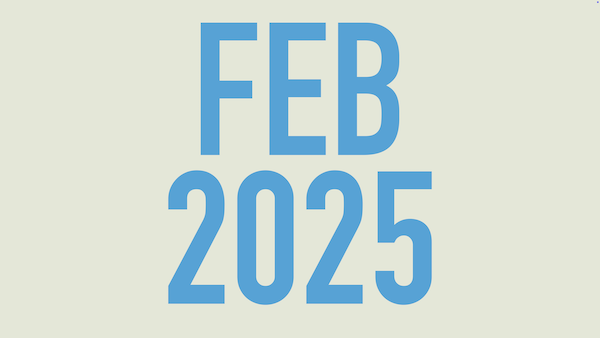
Character
arcs
arcs
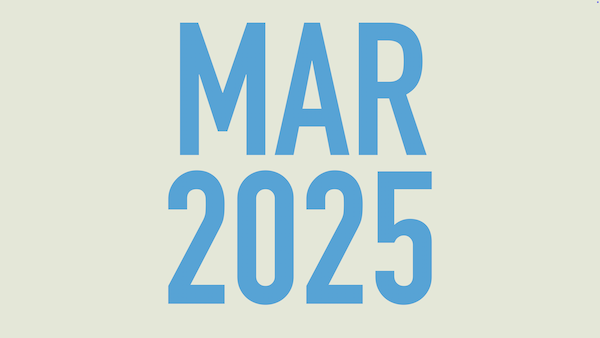
Core Thematic Dichotomy
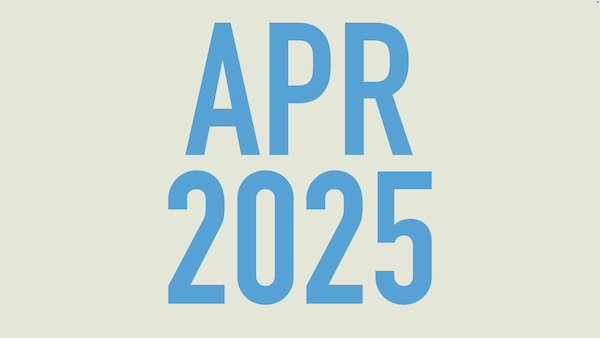
PLOT POINTS & OUTLINING
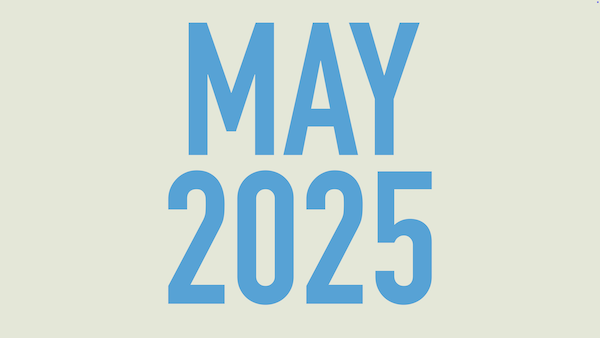
SCENE ESSENTIALS
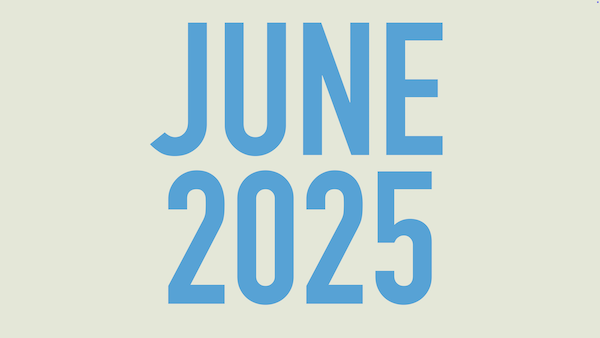
ACTION SCENES
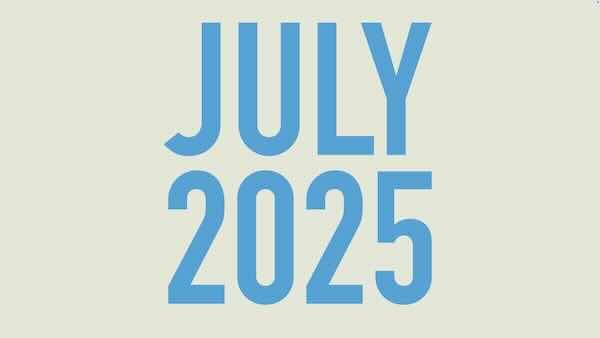
Quiet scenes
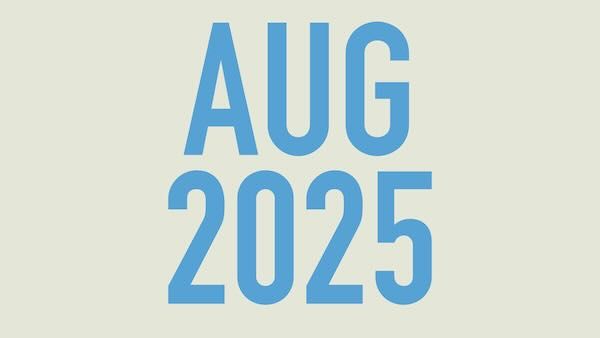
Time Manipulation
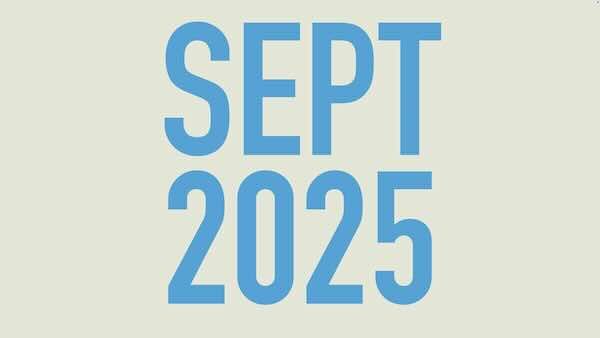
story coherence
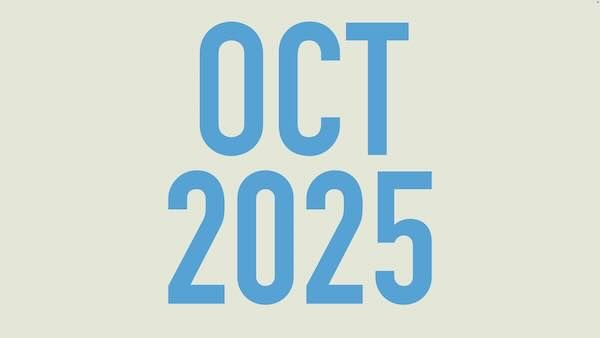
Assessing
Relevance
Relevance
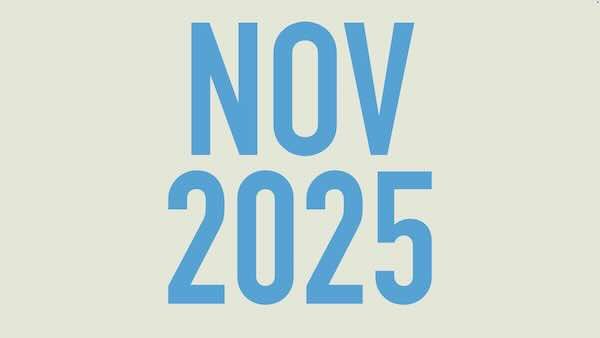
STAKES
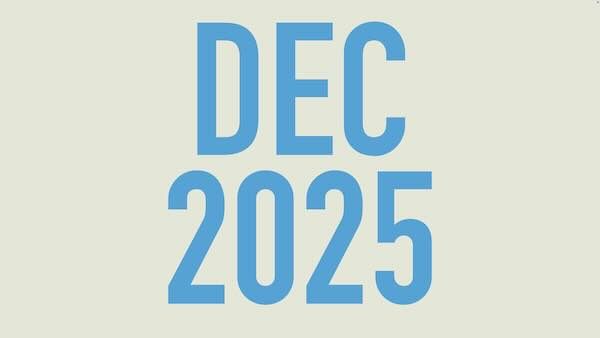
Authorial Commentary
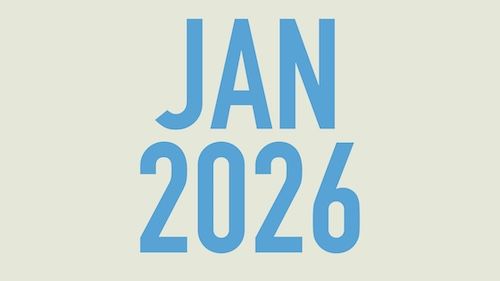
HOW READERS READ
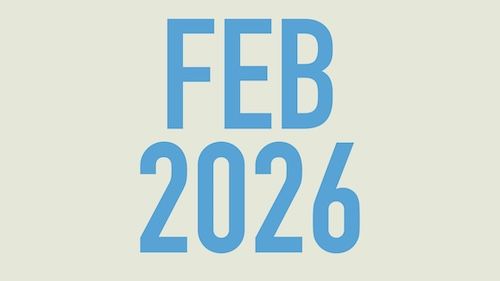
MECHANICS OF SURPRISE
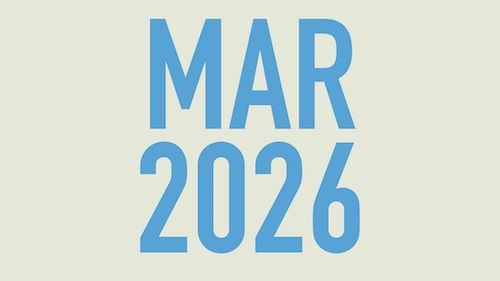
TBD
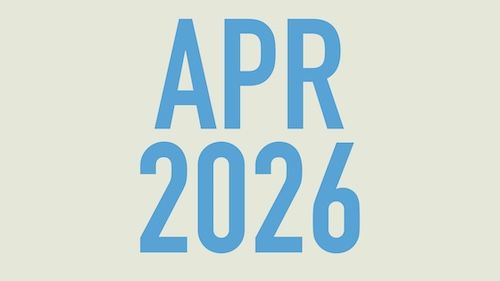
TBD
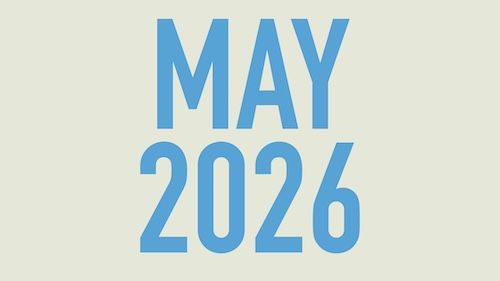
TBD
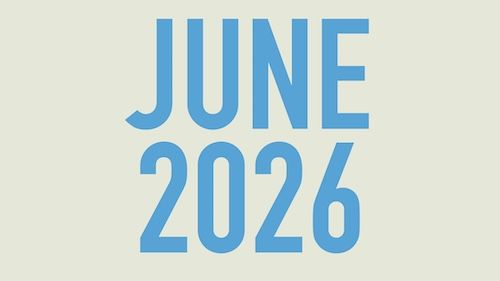
TBD
What people are saying
"One of the best things I have done for my writing was to join the craft club, a collection of writers who have the desire to focus on the elements of writing. It is a master class on writing that Tim nurtures with exemplars of craft, writing challenges, and prompts that nudge you into a place of discovery and joy. Tim always has a surprise insight for me to consider, be it related to craft definition, writing process, or an exemplar that gives a concept clarity."
Janice P Kehler
"In Writing Craft Club, I consistently learn about useable concepts that inform my writing. The classes are a deep dive. We explore concepts thoroughly enough that the learning sticks with me. Tim does extensive preparation and seems to be able to answer any question. He’s excited about the topics and it shows! I’m a smarter writer and reader because of WCC."
Denise Jessup
"Though I've earned a journalism degree, am a published writer of both fiction and nonfiction, I am consistently challenged and enlightened by Tim's classes. His Writing Craft Club can be helpful for both those new to writing as well as those more accomplished. My writing has benefited from the time spent attending the Writing Craft Club whether it be with interiority, pacing or character development to name just three topics of the many important writing skills we have discussed."
Susanne Brent
"The sessions are extremely well-organized, and Tim's teachings are masterful. I always come away with new perspectives and ideas, and it's very enriching to be exposed to such a diverse array of stories from our homework and the readings. The participants, always bringing insightful questions and perspectives, are also a lot of fun to interact with."
Tricia Wagner
"A writing friend recently asked for tips on how to be able to write more in the limited time she's managed to carve out for her true passion. I told her frankly that Tim Storm's WCC is what's helped me do this through being better equipped and able to make writing choices and decisions with confidence. Frequently (almost always!) I would go through the pre-reading and think, 'Well so, what's the big deal?' - and then have the rug pulled out from under me when Tim reveals his take on the topic."
Farriz Mashudi
"I love Tim’s in-depth explanations and analysis of different craft elements, whether discussing POV or free indirect style. He encourages and takes time for questions with enthusiasm. I never feel like any question is a dumb one. Tim receives each question with consideration and always has an insightful answer. I always learn a lot that improves my craft."
Polly Hansen
Join the Writing Craft Club
The Minimalist
$30/mo
Partake in our monthly examinations of craft! With this subscription, you can join us for our monthly class/conversation and our follow-up Q&A. Can't make it? No worries; you can watch recordings and access/download slides and handouts. You'll be able to watch recordings of any discussion or Q&A you've missed from the calendar year as long as you're subscribed.
The Maximalist
$75/mo
With this subscription, you get access to our everything in the Minimalist plan, but you also get access to the archive of sessions from 2022 through 2025 (that's 43 sessions!) as well as the following courses from Storm Writing School: Mastering Omniscient Narration, Writing Toward Instinct, Creating Romantic/Sexual Tension, Strengthen Your Story with a Revision Outline, A Guide to Interiority, and The Gold Standard Scene.
